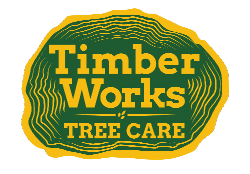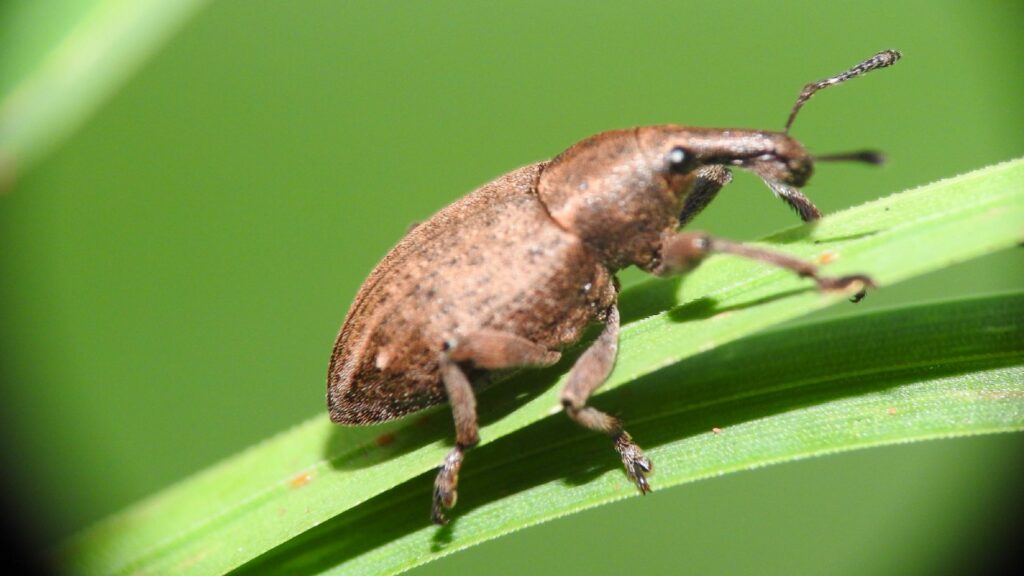Healthy trees and lush vegetation can enhance the value and beauty of any property. Yet maintaining a natural landscape comes with responsibilities, as even the sturdiest trees can succumb to disease and infestations. Weevils, in particular, pose a significant threat to plant life and can cause irreversible damage to once-thriving land. Homeowners concerned for their property’s health should learn what weevils are, the signs of an infestation, and how to control invasive species like weevils through forestry mulching.
Timber Works Tree Care can meet all your Warrenton, VA, property needs. From forestry mulching to tree trimming, our arboreal care solutions can revitalize your land and protect your vegetation. Our licensed and insured tree specialists offer safety inspections, consultations, and free estimates—call (540) 692-9606 today to discuss property care information and schedule a service.
Below, we discuss how to identify and eradicate weevils:
What are Weevils?
Members of the Curculionidae family, weevils are small, flightless beetles with an herbivorous diet that primarily feed on trees, shrubs, and grains. Weevils are recognizable by their distinctive “snouts,” which adults use to chew on foliage. Thousands of weevil species live in North America, though the Black Vine Weevil is a common sight in wooded areas of Virginia.
Weevil larvae are legless, white grubs with well-developed brown heads that feed on plant roots. Larvae spend the winter underground feeding and emerge as adults in the spring and summer months. Between the adults and larvae, weevils are a year-round threat to evergreen, herbaceous, and deciduous plants.
Where Can You Find Weevils?
Weevils are nocturnal insects that feed in the night. This behavior can result in them going unnoticed until they have already damaged your wooded areas. Additionally, adult weevils seek refuge in branches or under leaves during the day, making them even more challenging to detect.
Moreover, with so many variations within the species, weevils can thrive in nearly any environment so long as a food source is available. Some weevil species are drawn to the light and moisture of your home and are resistant to pesticides, thus requiring professional extermination. Without routine invasive species management, your property is susceptible to these pests.
Signs of Weevils
While weevil larvae develop underground during the winter, they feast on the roots of trees. Ample root damage can cause trees and shrubs to brown and die, yet the larvae are so deep underground that the average homeowner may mistake brown and dying plants as suffering from an arboreal disease. Recognizing infestation symptoms before they have caused permanent damage is critical to trees’ long-term health.

Adult weevils live above ground and feed on plant foliage rather than roots. They eat notches onto the edges of leaves, creating a distinct “scalloped” look. When you notice this pattern on your leaves, call a local tree service to confirm the infestation and safely remove dying trees.
How to Manage an Infestation
Managing invasive species like weevils requires a thorough approach, especially given their elusive nature. Failure to effectively eradicate this invasive species can lead to their continued proliferation on leaves and in the soil. To safeguard your woods and nearby gardens, you must employ forestry mulching.
Scheduling forestry mulching services in the late summer and early fall can help you effectively eliminate adult weevils hidden among the overgrowth and disrupt the larvae in the soil. Not only can this approach rejuvenate your landscape, but it also avoids the need for harsh chemical pest treatments. Additionally, forestry mulchers can efficiently remove any dead and hazardous trees the pests have impacted.
Reliable Invasive Species Control in Warrenton, VA
Persistent pests require a comprehensive solution. For weevil and other invasive species control, turn to the land and tree management services at Timber Works Tree Care. Warrenton, VA, homeowners can rely on our experienced team to provide affordable arboreal services that mitigate pests in their area. Call (540) 692-9606 today to receive a free consultation.







